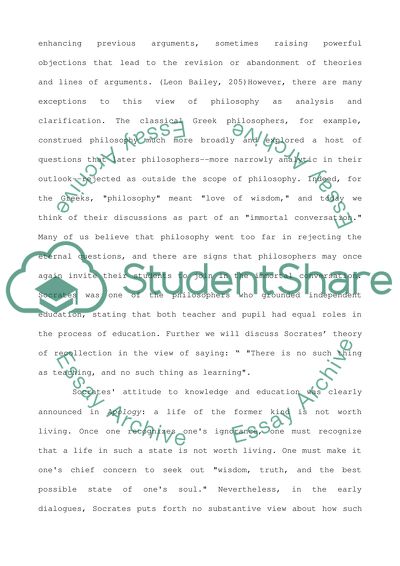Cite this document
(“The Socratic Theory of Recollection Essay Example | Topics and Well Written Essays - 1750 words”, n.d.)
The Socratic Theory of Recollection Essay Example | Topics and Well Written Essays - 1750 words. Retrieved from https://studentshare.org/philosophy/1506553-the-socratic-theory-of-recollection
The Socratic Theory of Recollection Essay Example | Topics and Well Written Essays - 1750 words. Retrieved from https://studentshare.org/philosophy/1506553-the-socratic-theory-of-recollection
(The Socratic Theory of Recollection Essay Example | Topics and Well Written Essays - 1750 Words)
The Socratic Theory of Recollection Essay Example | Topics and Well Written Essays - 1750 Words. https://studentshare.org/philosophy/1506553-the-socratic-theory-of-recollection.
The Socratic Theory of Recollection Essay Example | Topics and Well Written Essays - 1750 Words. https://studentshare.org/philosophy/1506553-the-socratic-theory-of-recollection.
“The Socratic Theory of Recollection Essay Example | Topics and Well Written Essays - 1750 Words”, n.d. https://studentshare.org/philosophy/1506553-the-socratic-theory-of-recollection.


